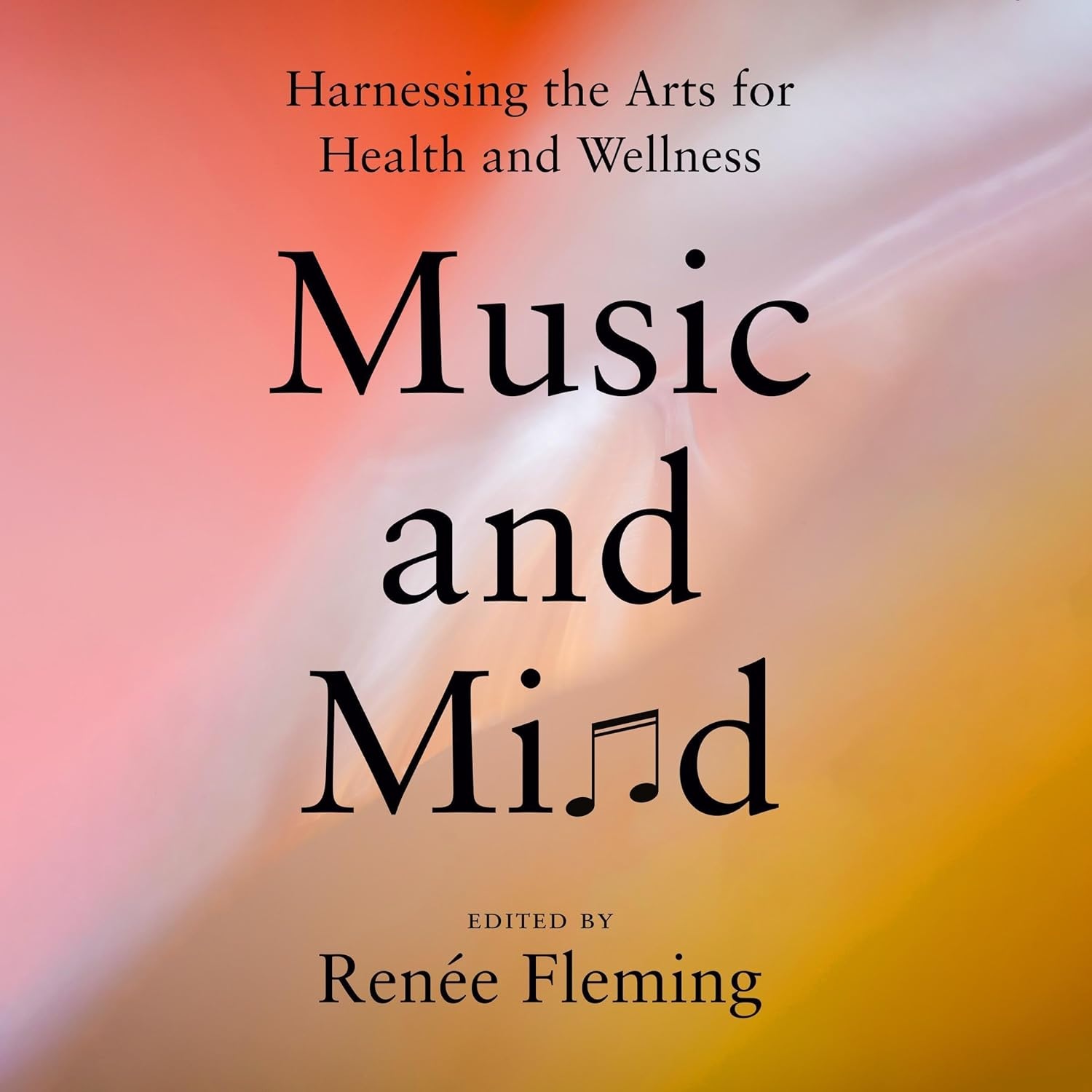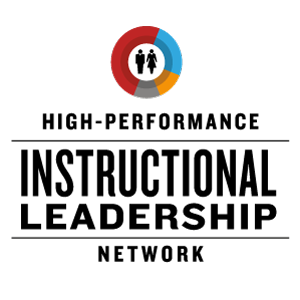class=”youtube-video”
I’m still slowly recovering from a serious bicycle accident. In order to provide some new content, I’ll post my works in progress with the newest content at the top as I complete what would have been a daily post. I post free Resources for Busy Parents and Educators Who Don’t Have as Much Time to Read and Surf as I Do with Fresh Content as my condition allows.
The Twitter names next to each link belong to the authors, publications, and the people who bring them to my attention. Be sure to try the bottom right translate button for your favorite language or one you are trying to learn. If you don’t see it, check your adblocking software
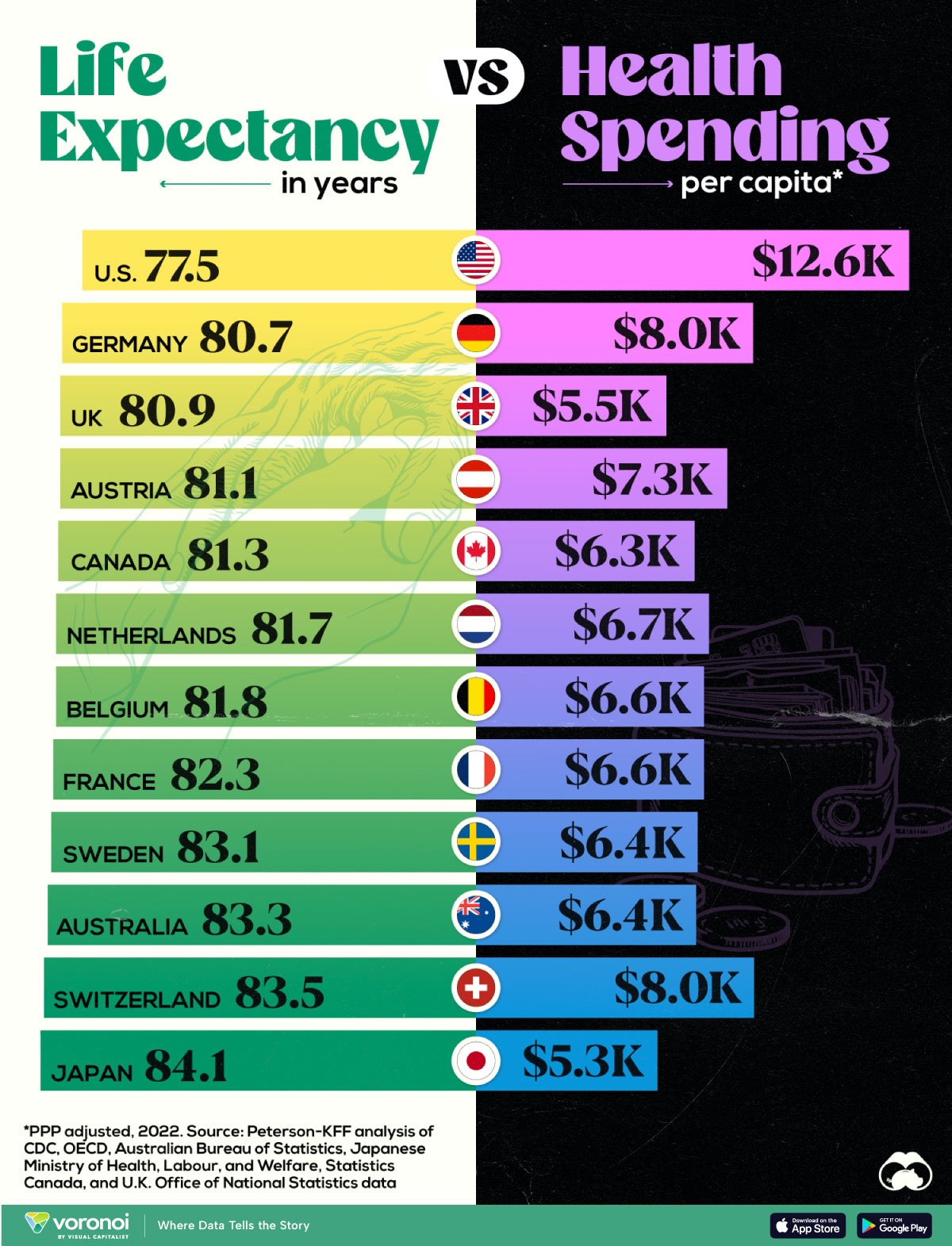
Life Expectancy Versus Health Spending In Wealthy Countries, Visualized – Despite spending a fortune on healthcare, Americans live shorter lives than people in many other developed nations. Can your students tell you why this is? Peterson-KFF via @ADT
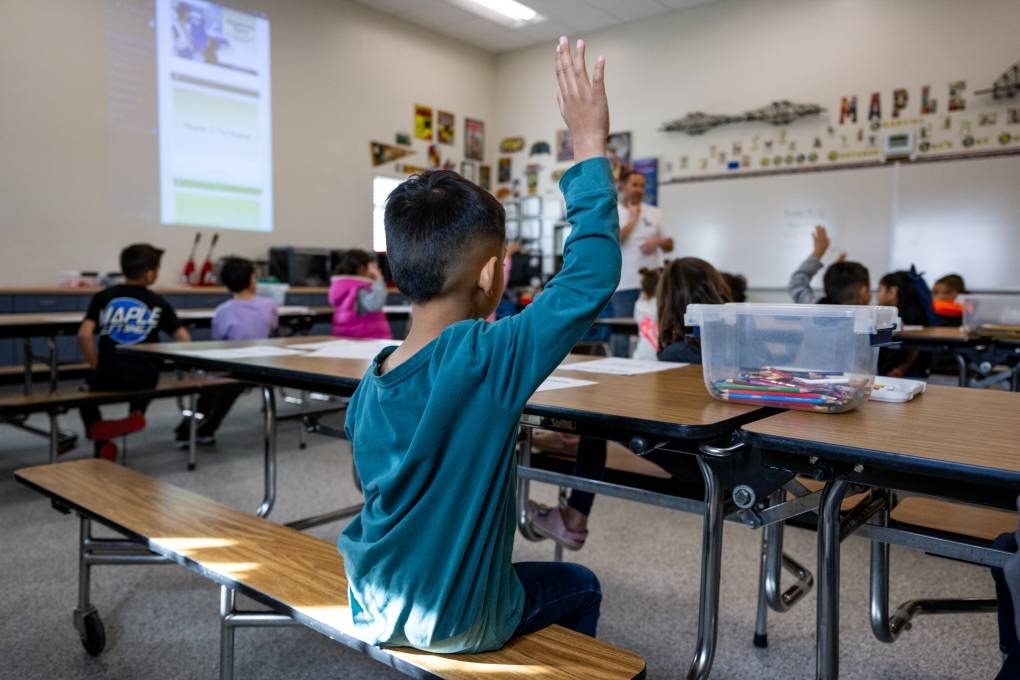
How Postcards to Parents Can Help Schools Get Kids Back to Class – Mailers help parents better track missed days and understand the importance of regular attendance. @NimahGobir @MindShiftKQED
Elon Musk’s Incredible Speech on the Education System | Eye Opening Video on Education. All teachers and students should watch this. @elonmusk
Social Media/Artificial Intelligence
These iPhone 17 Pro Leaks Will Make You Want To Skip This Year’s Model – Keep in mind that the next verion out this year is the 16/16 Pro. @MaxTechStudios
Inspirational/Funny Tweets
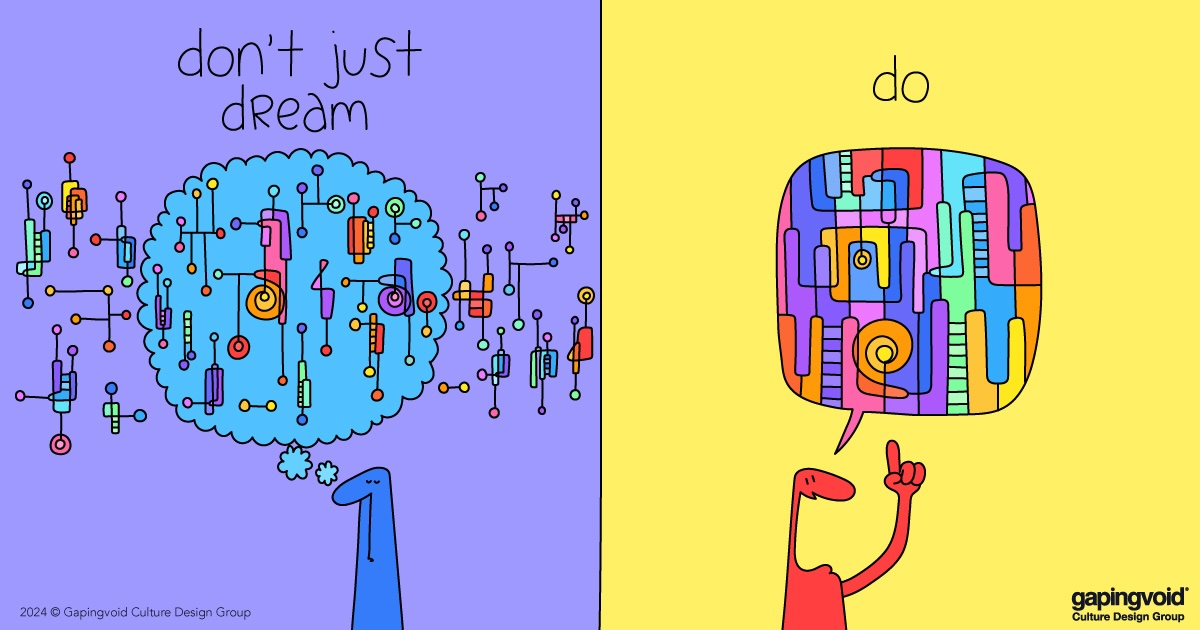 @Gapingvoid
@Gapingvoid
Humor, Music, Cool Stuff
Maya Neelakantan 10-Year-Old Indian Prodigy ROCKS America’s Got Talent With Fusion Performance. World Best Talent via @YouTube
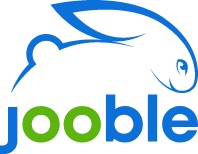
Recent Book Summaries & My Podcasts
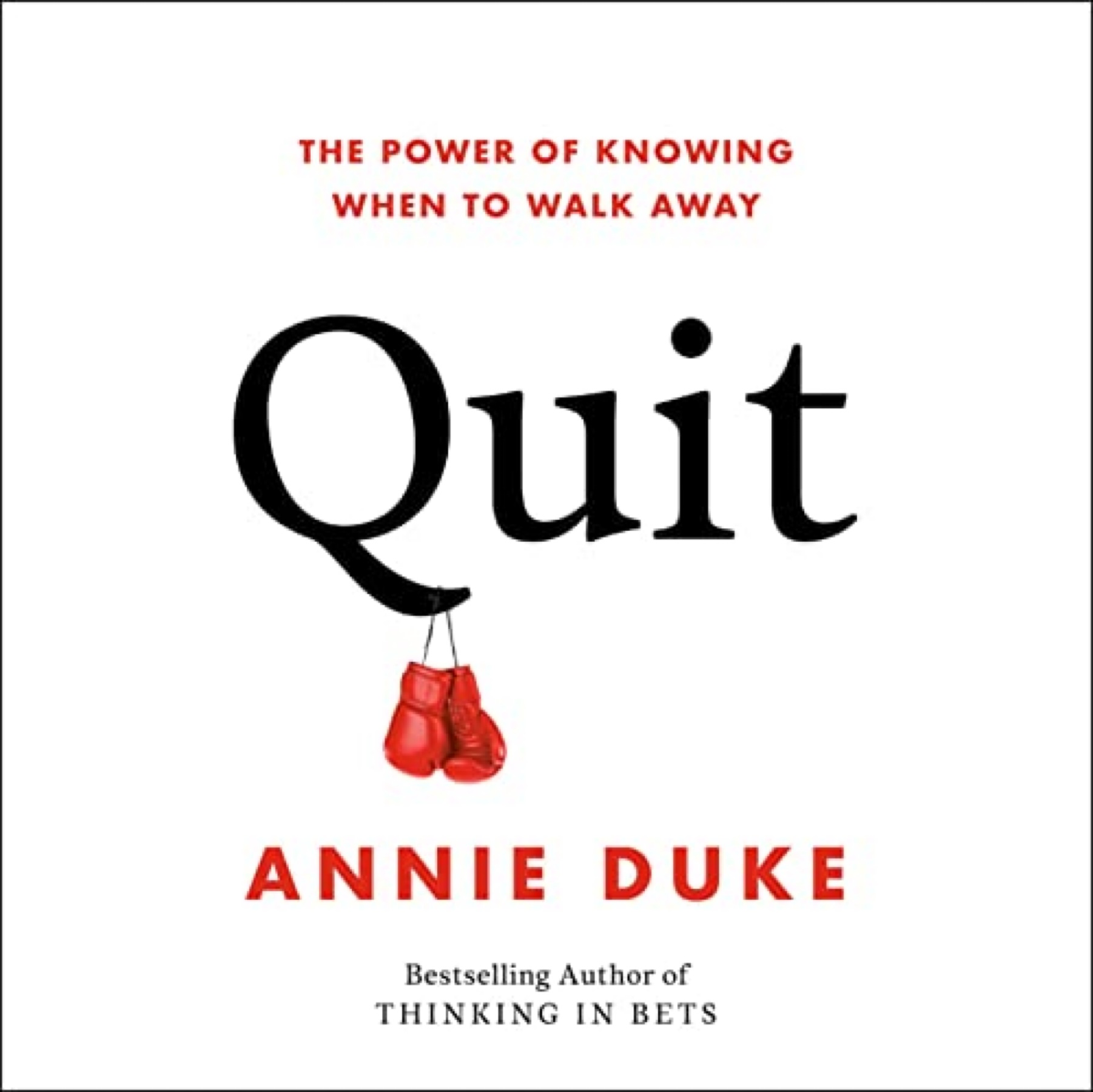
Quit: The Power of Knowing When to Walk Away by Annie Duke
Building Thinking Classrooms in Mathematics Grades K-12: 14 Teaching Practices for Enhancing Learning by Peter Liljedahl
Influence: The Psychology of Persuasion by Robert Cialdini@RobertCialdini
Valedictorians at the Gate: Standing Out, Getting In, and Staying Sane While Applying to College by Becky Munsterer Sabky
Plays Well With Others: The Surprising Science Behind Why Everything You Know About Relationships Is (Mostly) Wrongby Eric Barker
How to Raise Kids Who Aren’t Assholes: Science-Based Strategies for Better Parenting from Tots to Teens by Melinda Wenner Moyer
My Post-Pandemic Teaching and Learning Observations by Dr. Doug Green Times 10 Publications
The Power of Regret: How Looking Backward Moves Us Forward by Daniel Pink
Limitless Mind: Learn, Lead, and Live Without Barriers by Jo Boaler
The Future of Smart: How Our Education System Needs to Change to Help All Young People Thrive by Ulcca Joshi Hansen
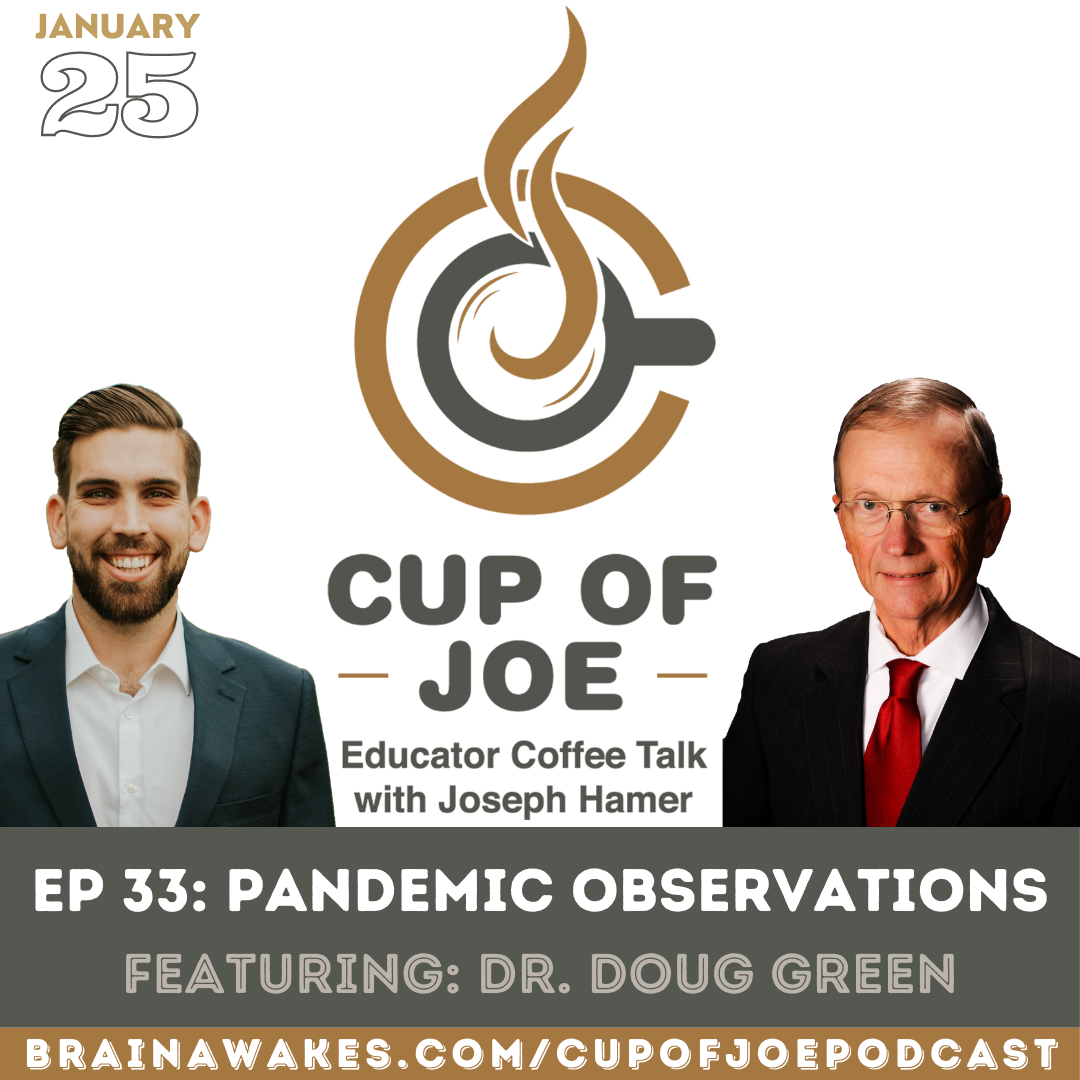
Listen to Dr. Doug on the “Cup of Joe” podcast. I recorded it last week. On it, I talk about the many good things I have seen in schools doing hybrid teaching. @PodcastCupOfJoe @DrDougGreen @BrainAwakes
This is my podcast on the Jabbedu Network. Please consider listening and buying my book Teaching Isn’t Rocket Science, It’s Way More Complex. Here’s a free executive summary. @jabbedu @DrDougGreen
Boys and Sex: Young Men on Hookups, Love, Porn, Consent, and Navigating the New Masculinity by Peggy Orenstein








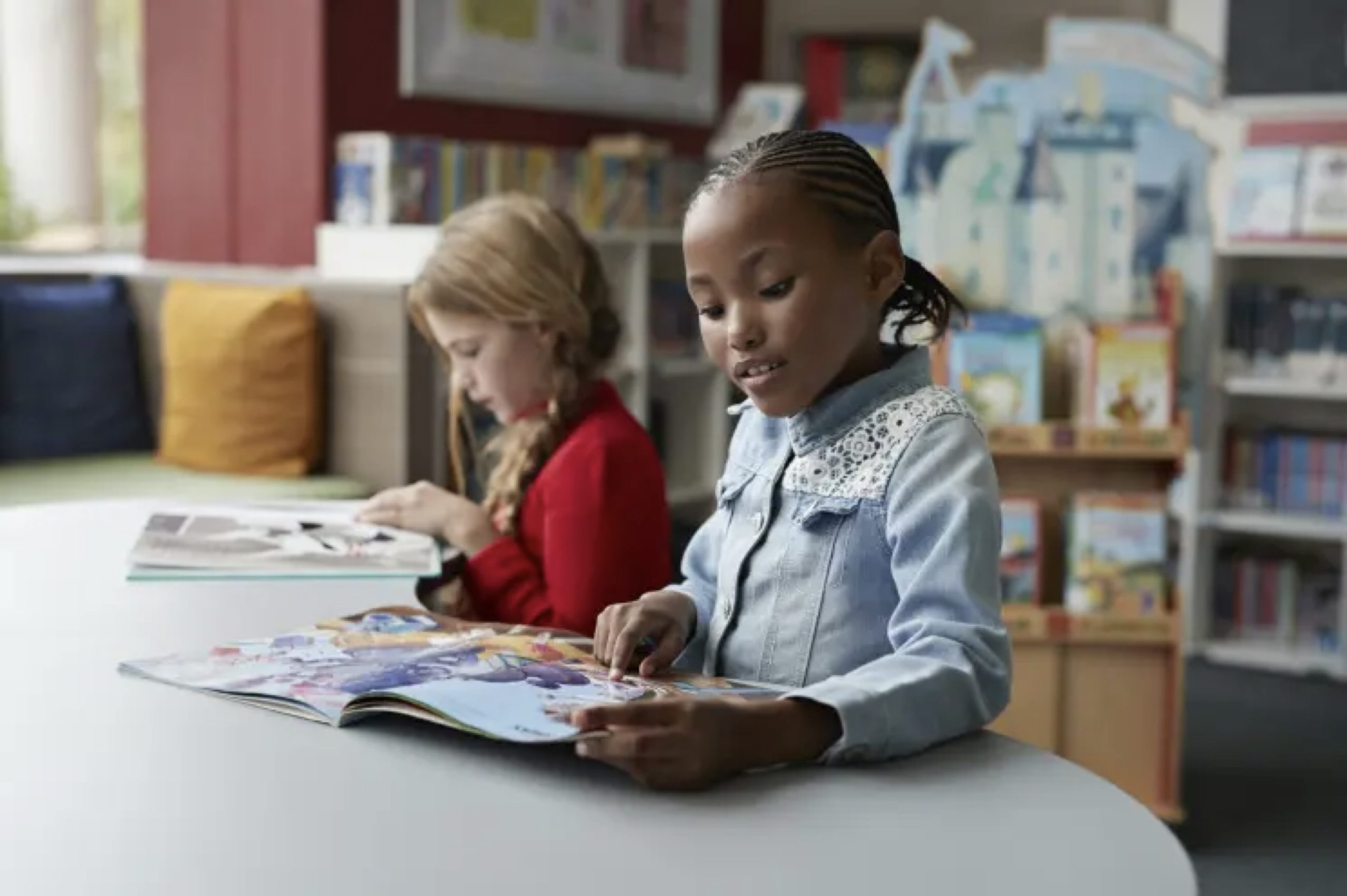
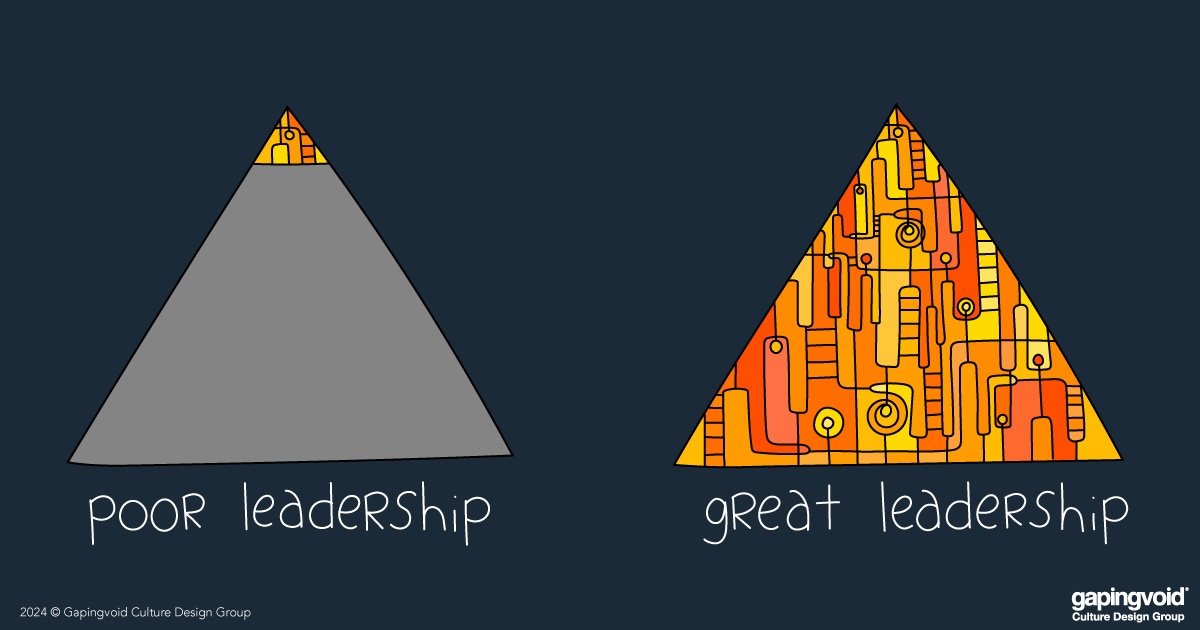

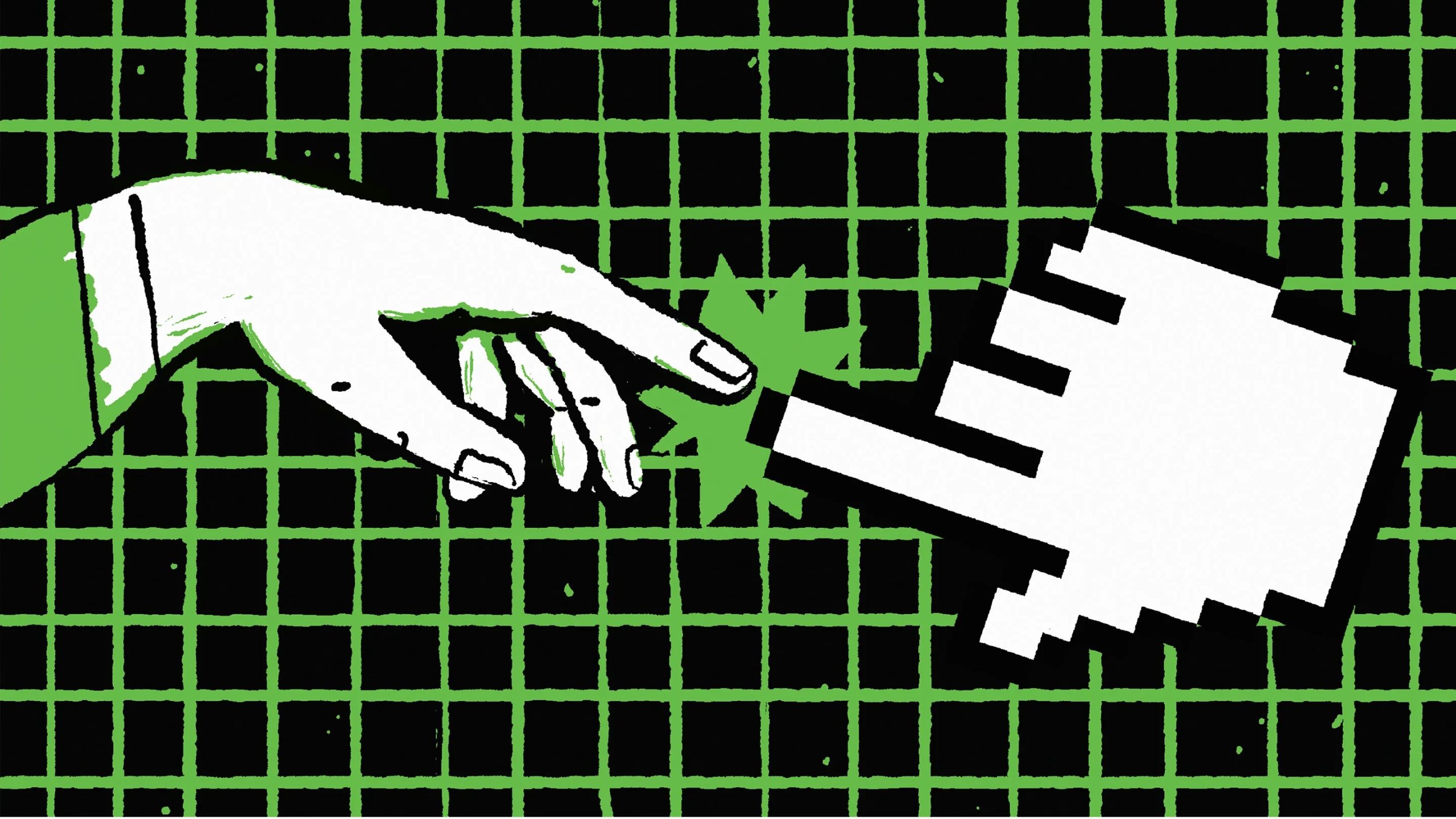
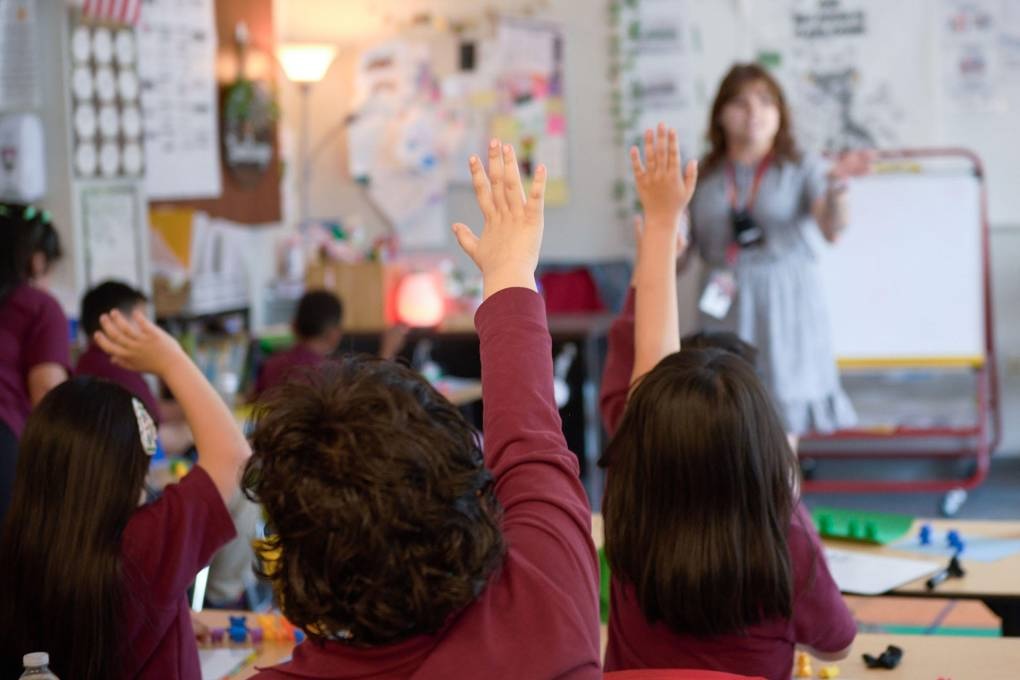
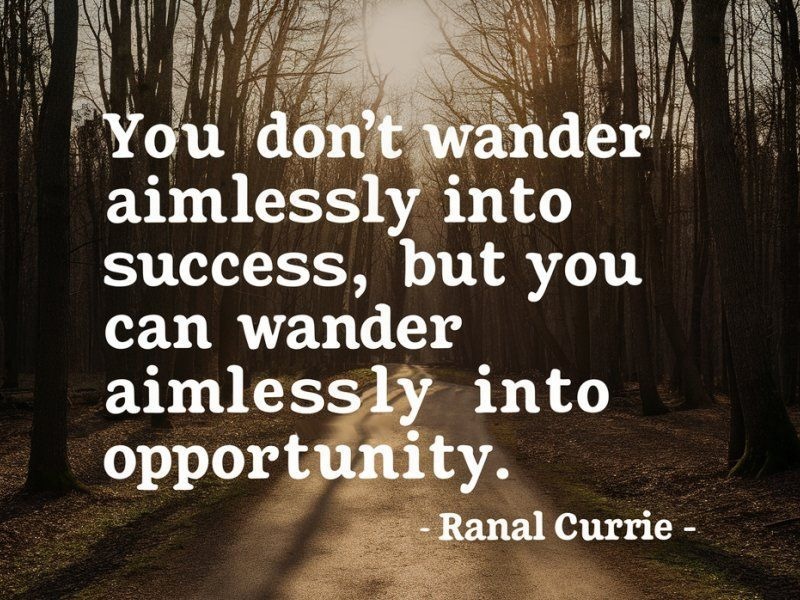 @Ranal55
@Ranal55